Rasoul Dinarvand, professor of Pharmaceutical Nanotechnology at Tehran University of Medical Sciences, stated that currently, two gene-based vaccines have entered the 3rd stage of vaccine development, one of which is being led by 2019 Mustafa (PBUH) Prize laureate and the CEO of BioNTech, Ugur Sahin.
This mRNA-based vaccine, which is being jointly developed by BioNTech, Pfizer, and Fosun Pharma, is to finish the third stage of vaccine development “by mid-October,” Dinarvand said.
“In late October they might get the approval,” he continued.
He contended that “Ugur Sahin might be one of the heroes of the battle against COVID-19.”
Dinarvand emphasized that this vaccine is also estimated to be cost-effective.
Asked how the responsibilities are shared in this promising collaboration, he replied: “BioNTech is primarily involved in conducting the research, while Pfizer and Fosun fill and finish the vaccines.”
“Pfizer also provides the needed budget,” he added.
Emphasizing that generally, the modern vaccines are either DNA-based and RNA-based, he asserted that “at least 70% of the world population must be vaccinated in order to break the chain of infection.”
He said, “mRNA-based vaccines can be produced in large amounts.”
“Another advantage of it is that with a low dose of mRNA-based vaccines, a high amount of immunity against the virus is developed in the body,” he added.
Alireza Biglari, Director of Pasteur Institute of Iran, explained how gene-based vaccines work, stating that in this method “the genetic code of the antigen is delivered to the cells, and the immune system gets stimulated.”
Elaborating on the vector-based vaccines, he said “the virus’s genome is put into the vector and entered into the cells.”
“Adenovirus utilized in this method is replication-defective; it cannot be replicated, and consequently, it is not harmful,” he added.
Asked whether the Coronavirus mutations can lead to changes in the behavior of the virus, Biglari replied: “Sequencing of this virus indicates evident mutations. The mutations COVID-19 undergoes, also disrupt the process of vaccine development.”
“Therefore, vaccine developers must think of methods to target the regions which are not hotspots,” he continued.
According to Biglari, the mutations might also make the Coronavirus get transmitted easier.
He stressed that the most effective weapon the humanity can deploy against this virus, for now, is “wearing masks.”
Hossein Ghanaati, head of the Coronavirus think tank in Tehran province, and professor of Neurointerventional Radiology at Tehran University of Medical Sciences stated that “no medication is proven to be fully effective on COVID-19 patients yet.”
In confronting the current pandemic, “medication was a wrong path we took,” he observed.
He said that “the only hope for defeating this virus is the vaccine.”
While COVID-19 affects almost all the organs in the body, “the rate of infected people suffering from permanent harms is low,” he remarked.
Science Promotion Meetings are a series of meetings held by the Mustafa (PBUH) Science and Technology Foundation (MSTF) with the purpose of emphasizing the role of Muslim scientists in the latest scientific achievements.
FA/PR


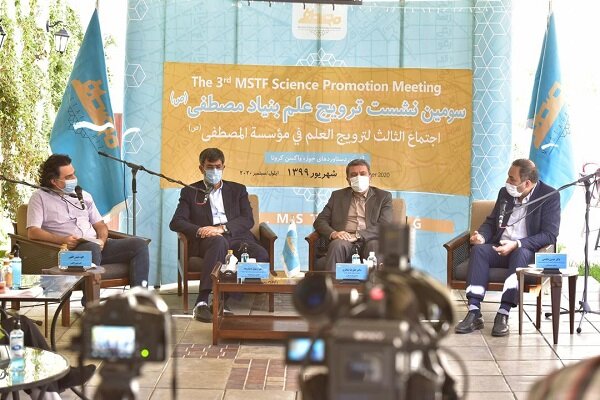


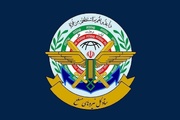
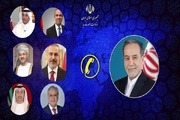



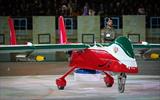
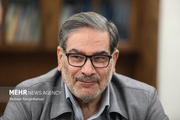
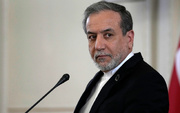









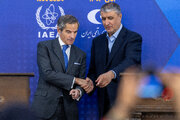



Your Comment